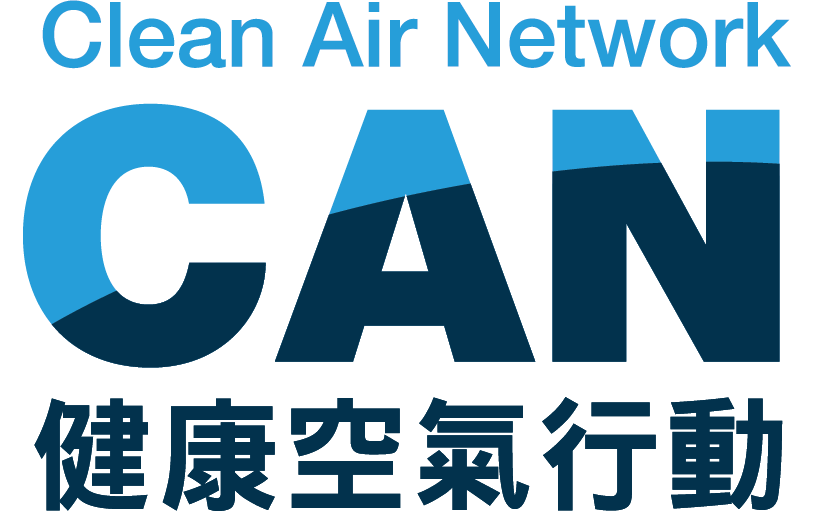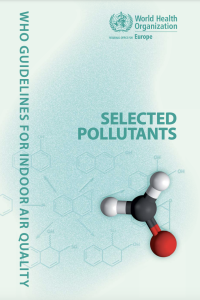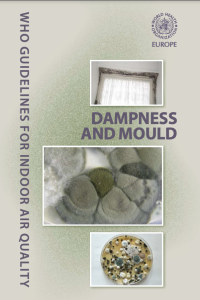World Health Organization Guidelines and Laws in Other Jurisdictions
The World Health Organization (WHO) provides critical guidelines aimed at improving indoor air quality (IAQ) to safeguard public health. On IAQ legislation, the Hong Kong Government maintains that most countries and regions have adopted a self-regulatory approach without legislation, suggesting that Hong Kong does not require specific laws on IAQ; however, there are notable examples of strong IAQ legislation in other jurisdictions.
WHO Guidelines
WHO Guidelines for Indoor Air Quality: Selected Pollutants (2010)
-
These are a set of guidelines on volatile organic compounds (VOCs), carbon monoxide, nitrogen dioxide and radon and other pollutants, which:
- Covers the sources and pathways of exposure, the indoor–outdoor relationship, health effects, and guidelines for tackling these pollutants; and
- Provides a scientific basis for legally enforceable standards.
WHO Guidelines for Indoor Air Quality: Dampness and Mould (2009)
- Dampness is a strong indicator of risk of asthma and respiratory symptoms.
- Microbial growth may result in a greater amount of VOCs in indoor air.
- Persistent dampness and microbial growth on interior surfaces should be minimized due to their adverse health effects.
- Building owners are responsible for ensuring proper building construction and maintenance, while occupants are responsible for managing the use of water and ventilation.
Laws in Other Jurisdictions
■ Asia
South Korea
- First IAQ legislation in 1998
- Mandatory IAQ monitoring in public spaces, such as underground shopping districts, childcare centers and indoor children’s play facilities, and more stringent IAQ standards for vulnerable groups such as children and the elderly (articles 12 and 5(2), Indoor Air Quality Control Act)
- Mandatory the use of an air purifier and a PM10 measuring device in each classroom (article 4-3, School Health Act)
Taiwan
- Mandatory IAQ monitoring and the publication of real-time data at specified public and private spaces, such as elderly homes, train stations and department stores (articles 6 and 10(2), Indoor Air Quality Management Act)
■ Europe
France
- Mandatory IAQ monitoring at certain public establishments such as nurseries, primary and secondary schools (article L221-8, Environment Code (in French))



